Walking down the grocery store aisles, colorful packages scream “healthy,” “natural,” and “organic” at every turn. Many foods that seem like smart choices are actually loaded with sugar, artificial ingredients, and empty calories.
Companies have become experts at making junk food look like health food with clever marketing tricks. Understanding which supposedly healthy foods are actually hurting your body can help you make better choices for yourself and your family.
1. Granola Bars
Most granola bars sitting on store shelves contain more sugar than a candy bar. Manufacturing companies load these snacks with high fructose corn syrup, artificial flavors, and preservatives to make them taste good and last longer.
Real granola should contain simple ingredients like oats, nuts, and maybe some honey. Instead, popular brands pack their bars with chocolate chips, marshmallows, and sugary coatings that turn a potentially healthy snack into dessert.
Making your own granola bars at home lets you control exactly what goes inside, creating a truly nutritious snack without all the hidden junk.
2. Flavored Yogurt
Strawberry, vanilla, and other flavored yogurts often contain as much sugar as ice cream. Food companies add artificial colors, flavors, and sweeteners to make plain yogurt more appealing to consumers, especially children.
A single cup of flavored yogurt can contain up to 25 grams of added sugar, which is almost your entire daily recommended amount. The fruit flavoring usually comes from artificial sources rather than real fruit pieces.
Plain Greek yogurt with fresh berries gives you protein and probiotics without the sugar overload that comes with pre-flavored varieties from the store.
3. Veggie Chips
Baked veggie chips sound like a healthy alternative to regular potato chips, but they’re often just as processed and high in sodium. Manufacturers take vegetables, strip away most nutrients during processing, then add oils and salt.
These chips rarely contain significant amounts of actual vegetables. Instead, they’re made from vegetable powder mixed with potato starch and other fillers to create that crunchy texture people love.
Fresh vegetables with hummus or homemade baked vegetable slices provide real nutrition and fiber without the excessive processing and added chemicals found in store-bought veggie chips.
4. Smoothie Bowls from Stores
Pre-made smoothie bowls from juice bars and grocery stores pack incredible amounts of sugar from fruit juices, syrups, and sweetened toppings. What seems like a healthy breakfast can contain 60-80 grams of sugar.
Commercial smoothie bowls often use fruit juice instead of whole fruits, removing beneficial fiber while concentrating natural sugars. Toppings like granola, chocolate chips, and honey add even more calories and sugar.
Homemade smoothie bowls using whole fruits, vegetables, and unsweetened ingredients give you vitamins and fiber without the sugar crash that comes from store-bought versions.
5. Protein Bars
Many protein bars contain more artificial ingredients than actual protein sources. Companies use cheap protein isolates, artificial sweeteners, and chemical preservatives to create products that barely resemble real food.
Sugar alcohols in protein bars can cause digestive problems like bloating and stomach pain. Some bars contain as much sugar as candy bars, defeating the purpose of eating them for health benefits.
Whole food protein sources like nuts, seeds, or hard-boiled eggs provide clean protein without the long list of unpronounceable ingredients found in most commercial protein bars.
6. Gluten-Free Packaged Foods
Gluten-free cookies, crackers, and breads often contain more sugar, fat, and calories than their regular counterparts. Food manufacturers add extra ingredients to make up for the texture and taste lost when removing gluten.
Rice flour, tapioca starch, and other gluten-free flours used in these products can spike blood sugar levels faster than regular wheat flour. Many gluten-free products also contain more sodium and preservatives.
People without celiac disease don’t need to avoid gluten, and choosing naturally gluten-free whole foods like fruits, vegetables, and lean meats is healthier than processed gluten-free products.
7. Sports Drinks
Unless you’re exercising intensely for over an hour, sports drinks are basically sugar water with artificial colors and flavors. These beverages contain high amounts of sodium and sugar that most people don’t need.
Regular physical activity like walking, light jogging, or playing casual sports doesn’t require electrolyte replacement through sugary drinks. Water works perfectly fine for most exercise sessions and daily activities.
Coconut water or water with a pinch of sea salt provides natural electrolytes without the artificial ingredients, food dyes, and excessive sugar found in commercial sports drinks.
8. Breakfast Cereals Labeled Healthy
Cereals marketed as healthy options often contain just as much sugar as regular cereals, plus artificial vitamins to make them seem nutritious. Whole grain claims can be misleading when sugar is the second ingredient.
Food companies add synthetic vitamins and minerals to processed cereals, then advertise them as fortified and healthy. Your body absorbs nutrients from whole foods much better than artificial supplements.
Oatmeal with fresh fruit, nuts, and seeds provides sustained energy and real nutrition without the sugar crash that comes from eating processed breakfast cereals every morning.
9. Dried Fruit with Added Sugar
Dried cranberries, mangoes, and other dried fruits often contain added sugar, oil, and preservatives that turn naturally sweet fruit into candy. Fresh fruit naturally contains sugar, but processing concentrates it significantly.
Sulfur dioxide and other chemicals used to preserve dried fruit can cause allergic reactions in sensitive people. Many dried fruits also contain artificial colors to make them look more appealing to consumers.
Freeze-dried fruit or fruit you dry yourself contains natural sugars without added chemicals, preservatives, or artificial sweeteners that make store-bought dried fruit unhealthy.
10. Low-Fat Salad Dressings
When companies remove fat from salad dressings, they add sugar, corn syrup, and artificial thickeners to maintain taste and texture. These dressings often contain more calories than full-fat versions.
Your body needs healthy fats to absorb vitamins from vegetables in your salad. Low-fat dressings prevent nutrient absorption while adding unnecessary sugar and chemicals to your meal.
Olive oil with lemon juice, herbs, and spices creates a simple dressing that helps your body absorb nutrients from vegetables without artificial ingredients or added sugars.
11. Energy Drinks with Natural Claims
Energy drinks marketed as natural or organic still contain massive amounts of caffeine, sugar, and artificial stimulants that can cause heart problems and anxiety. Natural doesn’t automatically mean healthy or safe.
These beverages often contain herbal extracts and vitamins in amounts that exceed safe daily limits. Combining high caffeine with other stimulants can cause dangerous side effects like rapid heartbeat and high blood pressure.
Green tea or coffee provides natural energy without the excessive sugar, artificial flavors, and potentially dangerous combination of stimulants found in commercial energy drinks.
12. Frozen Acai Bowls
Frozen acai bowls from grocery stores contain added sugars, artificial flavors, and preservatives that turn this superfood into junk food. Pre-made versions often use fruit juice instead of whole fruits.
Acai naturally has a bitter taste, so companies add sweeteners and artificial berry flavors to make frozen products more appealing. These additions cancel out many of the antioxidant benefits.
Fresh or frozen plain acai blended with whole fruits and vegetables gives you real antioxidants and nutrients without the sugar overload found in commercial frozen acai products.
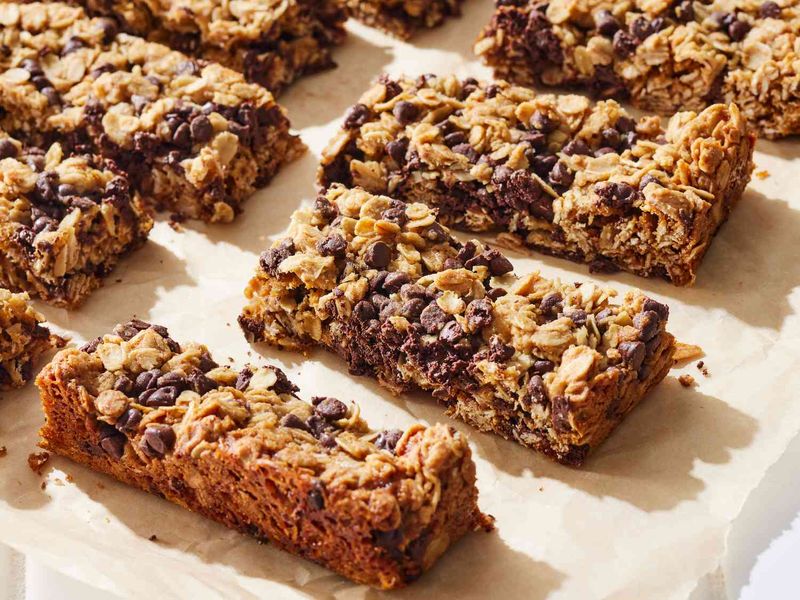
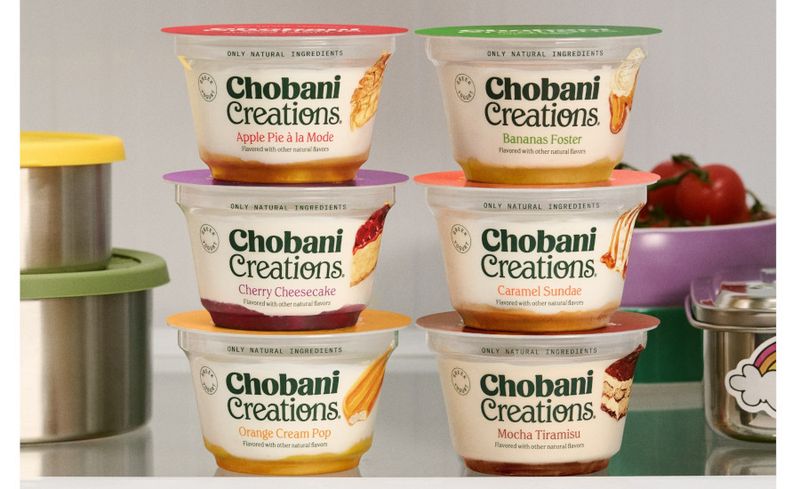
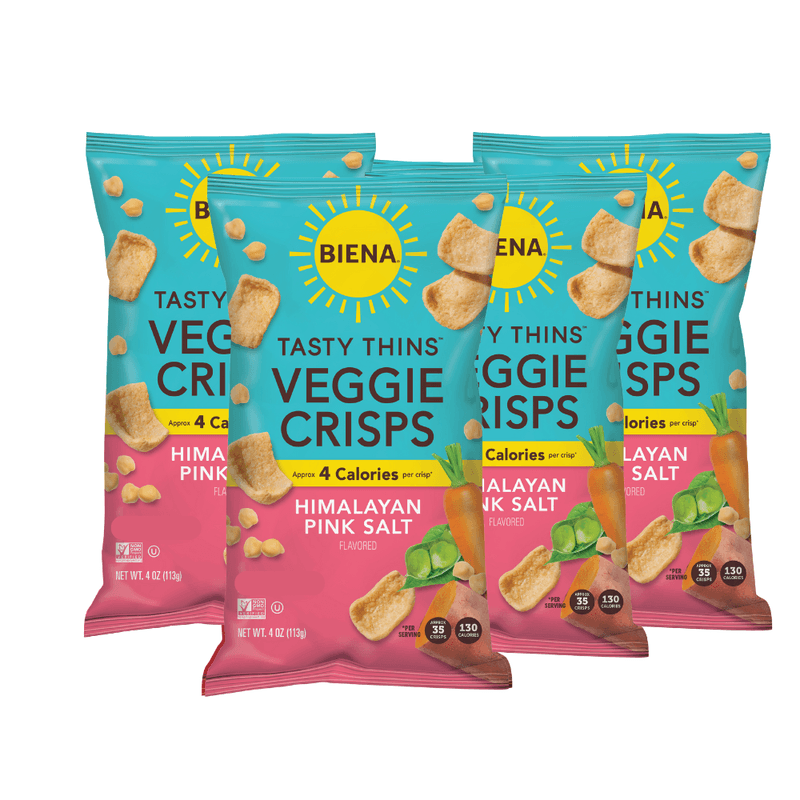
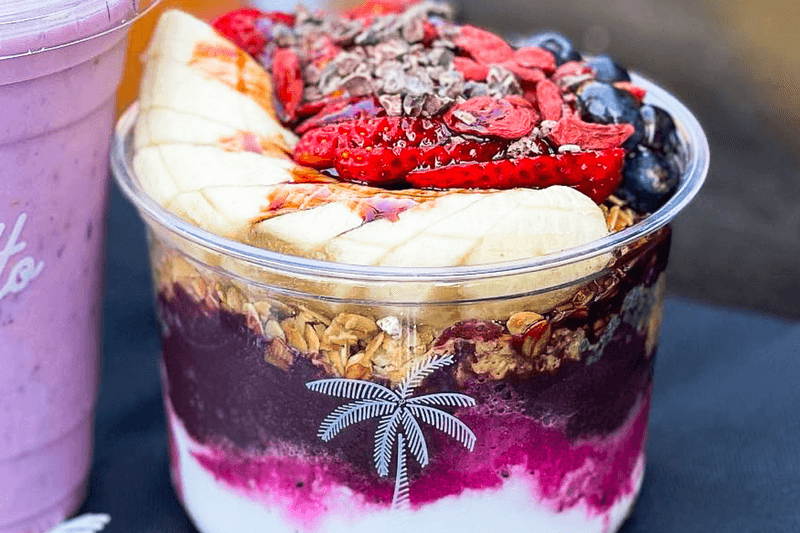
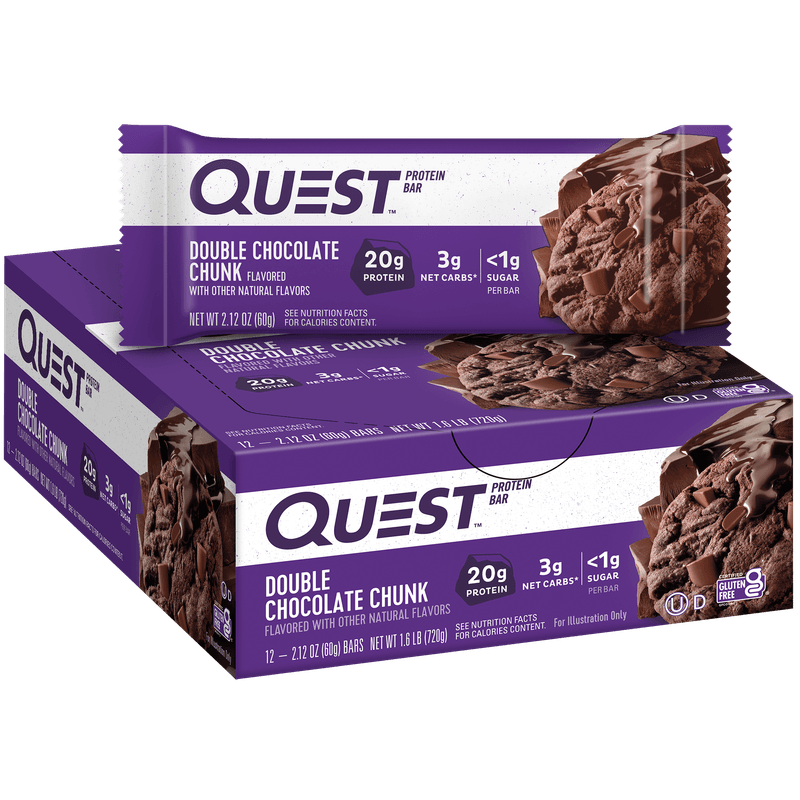
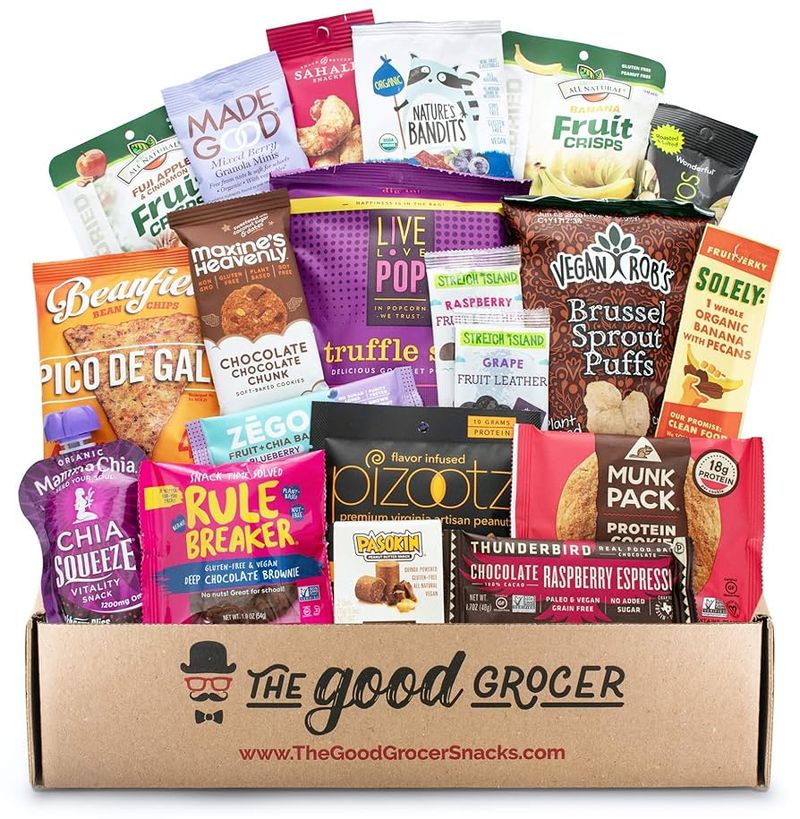
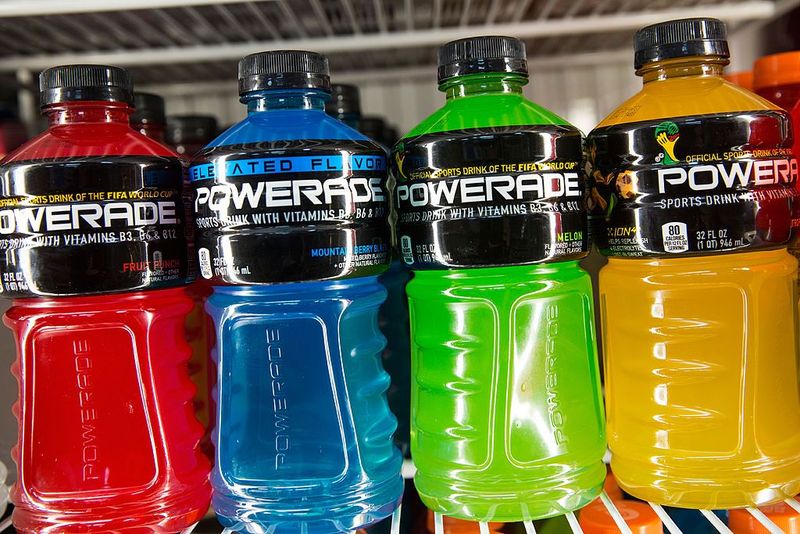
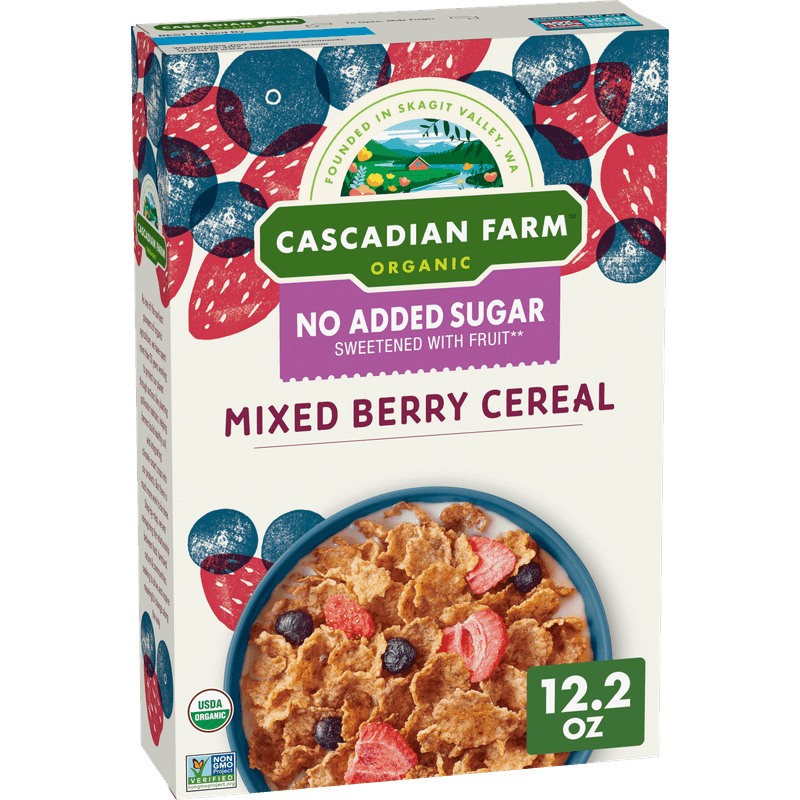
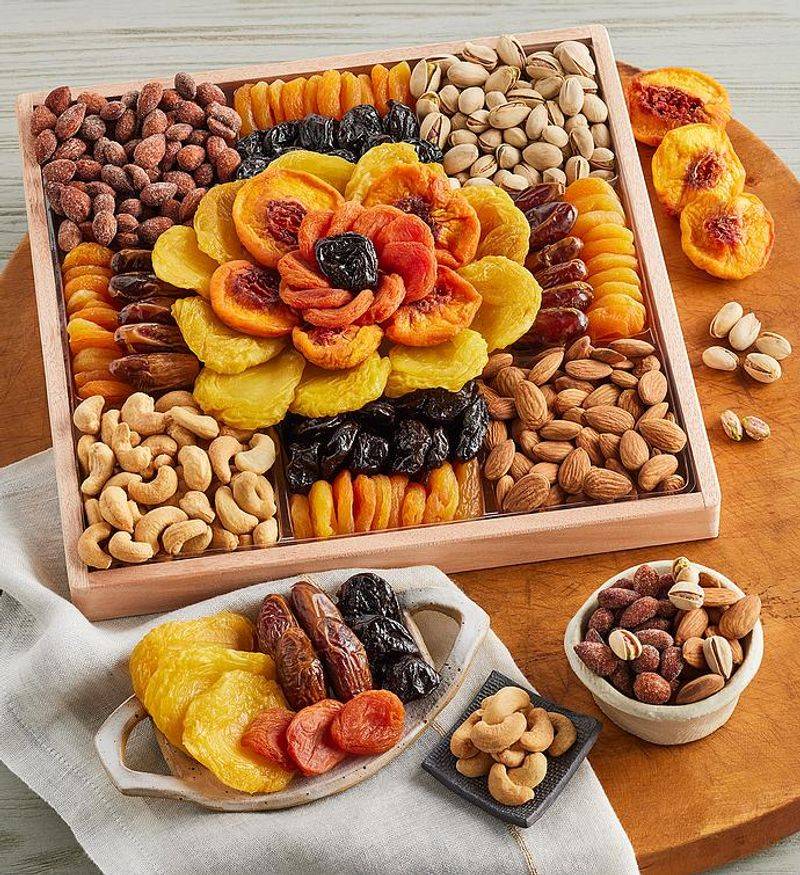
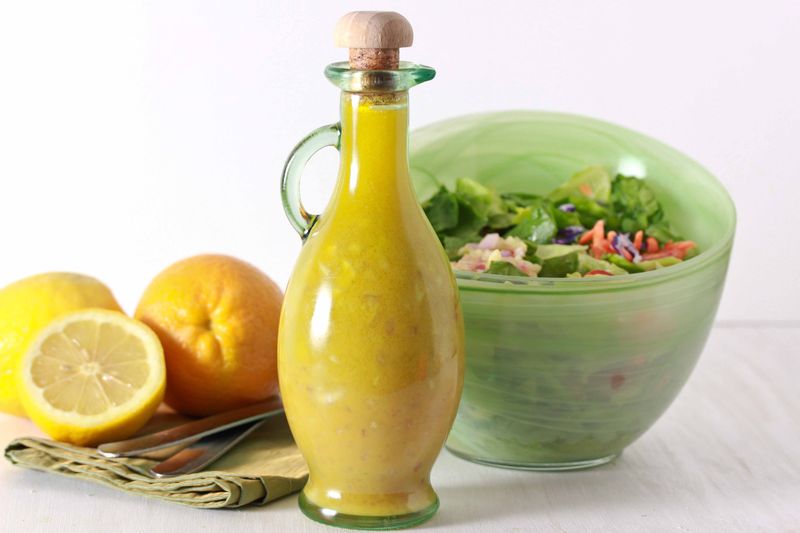
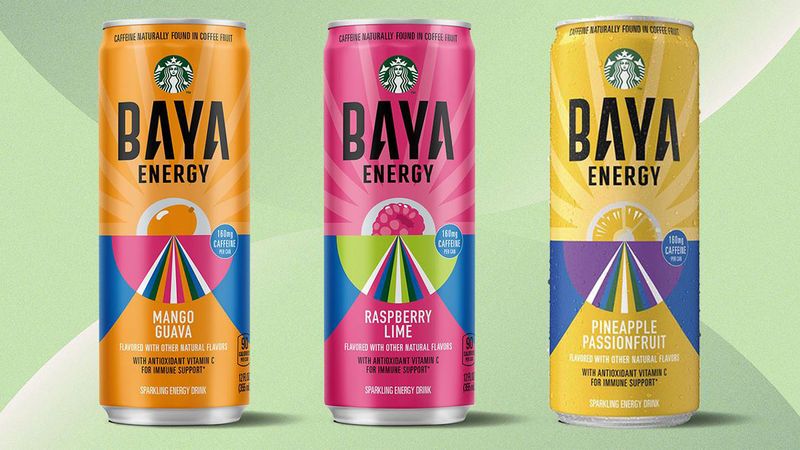
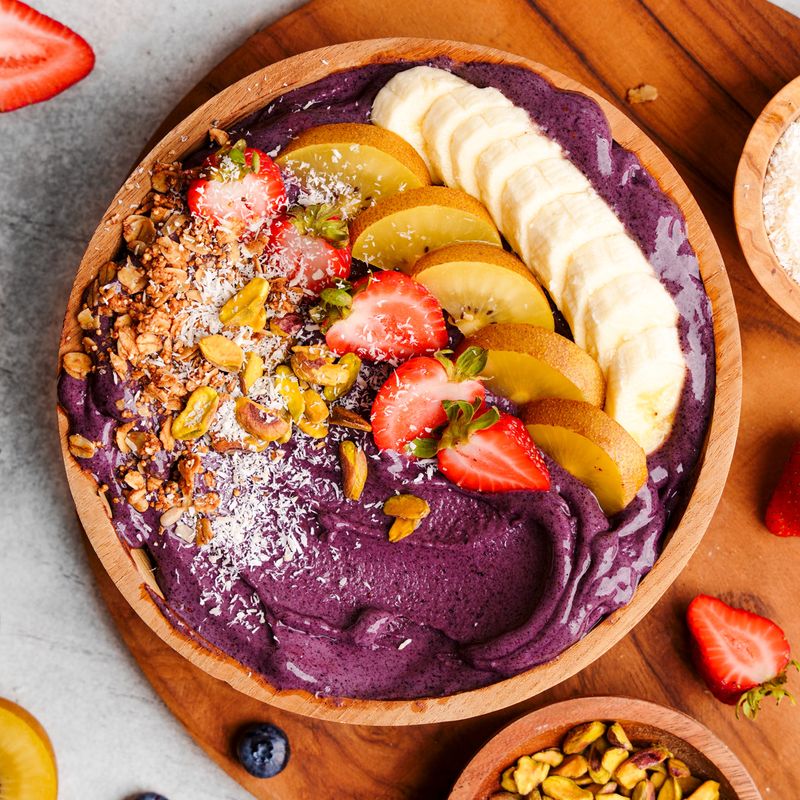
Leave a comment